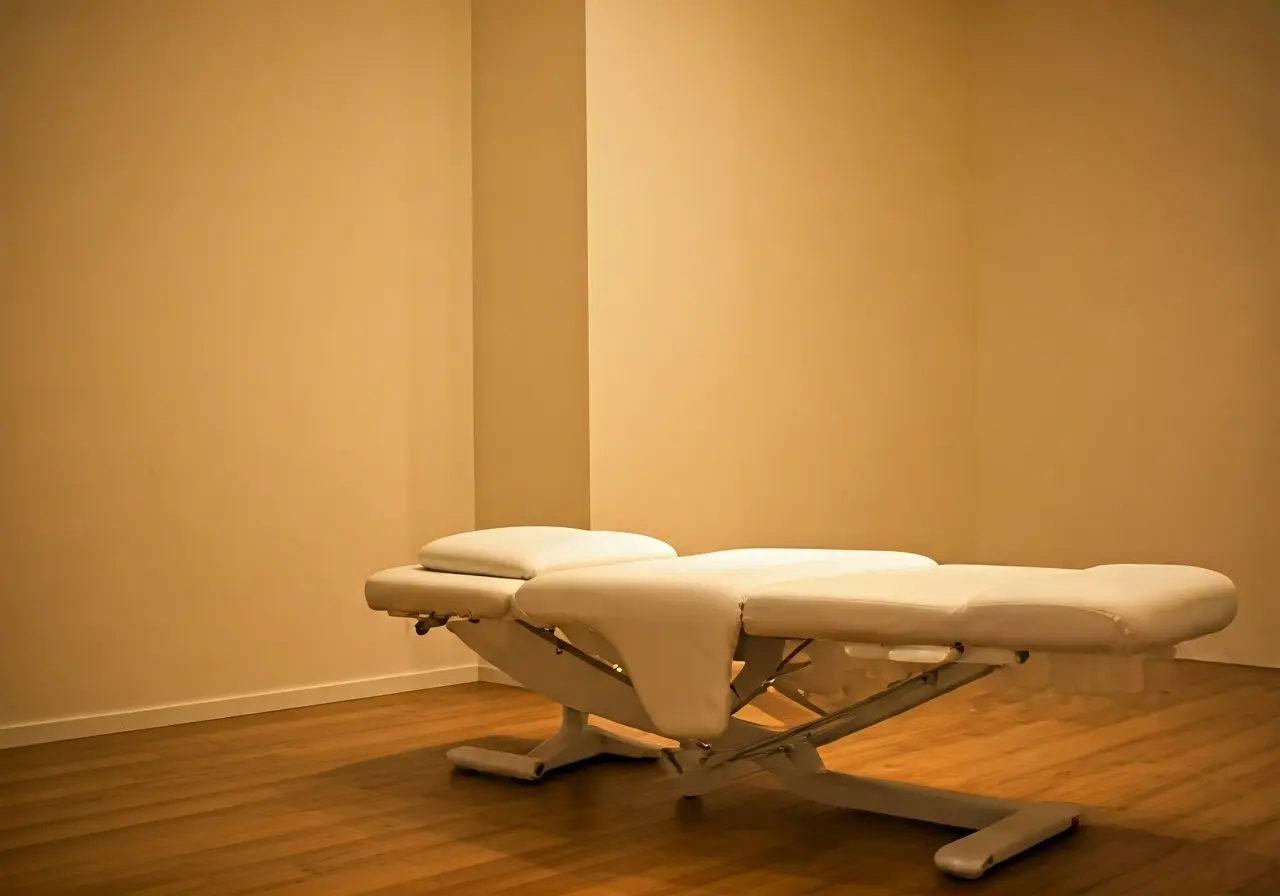In our fast-paced world, getting quality sleep is more important than ever. Many people are turning to therapy beds as a potential solution to improve their sleep. But can therapy beds truly enhance sleep quality? In this blog, we explore the various aspects of therapy beds and their potential impact on your slumber.
What are Therapy Beds?
Therapy beds are specialized beds equipped with features like adjustable positions, massaging elements, and temperature control to enhance comfort and support restful sleep. They are designed to cater to individual needs and target specific health issues. For instance, some therapy beds can be adjusted to elevate your head, which might be beneficial for those dealing with snoring or acid reflux.
These innovative beds often incorporate technology that adapts to your unique sleeping patterns, helping you achieve a deeper, more restful slumber. Did you know that certain therapy beds can even track your sleep cycles to create a personalized sleep environment? These advancements provide more than just comfort; they offer insightful data on how you sleep, encouraging better sleep habits.
How Do Therapy Beds Work?
Therapy beds work by adjusting to your body’s natural curves and relieving pressure points. Features like massaging functions can help relax tense muscles, while others offer temperature control to maintain a comfortable sleeping environment. For example, some models come with built-in heating and cooling options, allowing you to adjust the temperature to your liking, keeping you comfortable throughout the night.
An interesting feature of many therapy beds is their ability to gradually elevate your head and feet. This not only aids in relaxation but has also been shown to improve circulation and reduce swelling. Moreover, the gentle elevation can help alleviate conditions like sleep apnea by promoting better airway alignment, ultimately contributing to improved sleep quality.
Benefits of Using Therapy Beds
These beds can aid in pain relief, improve circulation, and lessen the impact of specific sleeping disorders. By providing customizable comfort, therapy beds can also help reduce the chances of developing bedsores for those who are bedridden. Imagine being able to tailor your sleeping surface to your body’s needs — that’s one of the key benefits therapy beds offer.
Furthermore, therapy beds are particularly beneficial for individuals suffering from allergies or asthma. Many models come with hypoallergenic materials that minimize dust mites and allergens, promoting a cleaner and healthier sleep environment. This means that not only do they offer physical relief, but they also create an atmosphere conducive to refreshing sleep.
Are Therapy Beds Right for You?
Whether a therapy bed is suitable for you depends on your personal health needs, comfort preferences, and budget. They are especially beneficial for individuals with chronic pain, arthritis, or sleep apnea, but it’s important to try different types and consult with healthcare professionals before making a decision. Think of it as a sleep investment that requires careful consideration to meet your unique sleeping needs.
If you’re someone who frequently tosses and turns at night, a therapy bed might be just what you need to improve sleep quality. Not only do they offer a better alignment of the spine, but their unique features can also help alleviate discomfort associated with varied sleeping positions, granting you a more stable and restful night.
Are Therapy Beds the Sleep Solution You’ve Been Searching For?
Therapy beds offer a range of features that can positively influence sleep quality. While they are not a one-size-fits-all solution, they provide therapeutic benefits that can support better rest, especially for those with specific health conditions or preferences. If you’re considering a therapy bed, thoroughly researching your options and consulting healthcare professionals can guide you toward making an informed decision.


